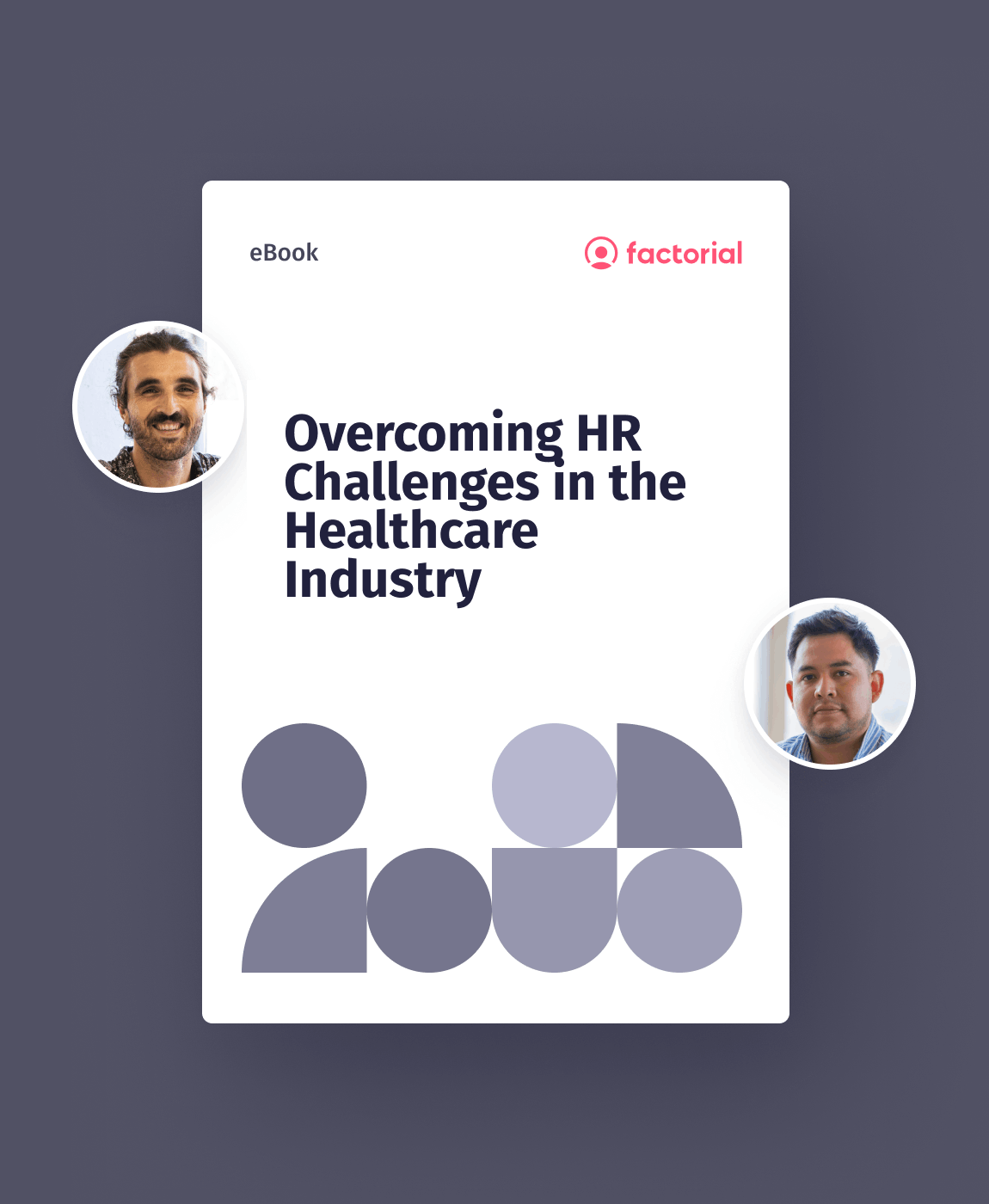HR Challenges in Healthcare and How to Overcome Them
The UK healthcare system has historically been held in high esteem, but it has experienced its fair share of difficulties. Ambulance wait times have reached unprecedented levels, and securing an appointment with an NHS dentist or GP has become a formidable task.
On top of that, certain areas of healthcare - largely mental health - have been deemed inadequate. Waiting lists have grown dramatically as a result of post-pandemic demands, leading to an increase of around 150%.
Part of the issue faced by the industry is associated with resourcing the services effectively. Turnover is high, and roles are under-resourced, resulting in an overstretched workforce and vast HR challenges in healthcare industry.
The importance of HR in healthcare therefore can’t be understated. In this ebook, we look at HR trends in healthcare industry and how these bring unique challenges for HR teams, specifically relating to talent acquisition and retention, employee burnout, and compliance with industry-specific laws and regulations. We provide practical solutions and insights to optimise HR practices within healthcare organisations.

What is the role of HR in healthcare?
HR in healthcare plays a crucial role in managing personnel, fostering a positive work environment, and ensuring compliance with industry regulations. They recruit and retain qualified staff, administer employee benefits, and address workplace issues.
They facilitate training programmes to boost skills, manage employee relations, and ensure adherence to healthcare policies. They also oversee payroll, maintain records, and implement strategies for employee well-being.
What is the importance of HR in healthcare?
HR in healthcare is pivotal for maintaining a skilled and motivated workforce, essential for delivering quality patient care. HR ensures the recruitment, training, and retention of healthcare professionals, fostering a positive workplace culture.
HR teams also play a critical role in compliance with healthcare regulations, managing employee relations, and addressing concerns to enhance overall organisational efficiency. It is HR professionals who create an environment conducive to both employee satisfaction and the delivery of exceptional healthcare services!
What are the key HR challenges in healthcare?
The most common HR challenges in healthcare industry include a shortage of skilled professionals, high turnover rates, and the need for continuous training. Compliance with complex healthcare regulations poses challenges, as does managing diverse work schedules and addressing burnout in high-pressure environments.
Balancing cost constraints with competitive compensation to attract and retain talent is another issue. The integration of technology and data management in HR processes, such as electronic health records, also presents challenges.
Lastly, maintaining a supportive work culture and addressing the mental health of healthcare professionals are crucial concerns. Effectively navigating these challenges poses a tough job for HR teams, but our free ebook can help HR professionals to create strategies to overcome them!
What are the main HR trends in healthcare industry for 2024?
Anticipated HR trends in the healthcare industry for 2024 include an increased focus on employee well-being and mental health support, the adoption of advanced HR technologies for streamlined processes, and the implementation of innovative recruitment strategies to address workforce shortages.
Flexible work arrangements and remote options may become more prevalent, and diversity, equity, and inclusion initiatives will likely gain prominence. The integration of artificial intelligence in HR functions, such as predictive analytics for talent management, is expected to improve efficiency.
How can Factorial help you streamline your HR processes?
Factorial offers a suite of HR tools to streamline tedious, manual processes. This includes timekeeping, absence tracking, recruitment, finance tools and more that automate routine tasks to improve their efficiency and accuracy.
Plus, the platform centralises all of these processes in one, user-friendly platform, reducing the time spent flicking between various programmes and making it easier to complete them.